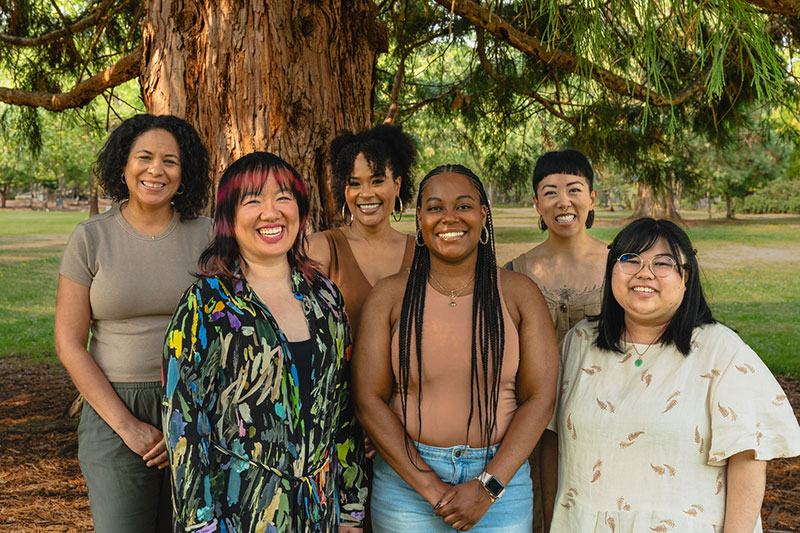Sometimes we step outside and realize: everything around us speaks a language that is not ours. Not just the words, but the tone, the rhythm, the way jokes are told, the way people know when to nod or laugh. It’s the body language, too… the shared understanding of what something means without anyone having to explain.
When we grow up somewhere else, that fluency never fully settles into our bodies. We can pick up the vocabulary, we can learn the right phrases, but it doesn’t land in the same way. There’s always a second or two of translating in our heads before we respond. There’s always a pause when everyone laughs and we’re still trying to catch up.
And it’s not just about missing the punchline. It’s about the ache of not being able to offer our own. We know the jokes that would make people laugh, the stories that would light up the room; but they only exist in the language we first learned to feel in. We open our mouths, and it gets stuck. We smile instead. Another little piece of our personality stays hidden.
What hurts even more is how grief itself changes when it can’t be spoken in the words that comfort us. We can cry in English, sure. But the sadness that really reaches into our chests, the kind that feels old and endless, only knows how to speak in our mother tongues. Without that, vulnerability feels… unfinished. Like trying to weep in a language that doesn’t know how to cradle us.
This is the kind of isolation we carry in our bones. It’s not just homesickness. It’s a grief that shapes itself around every conversation, every interaction, every day we’re reminded that the place where we live was not built with us in mind. It’s the heartache of wishing our homelands could have been sustainable to stay in, while knowing the version of us that exists here will always be missing pieces.
There is a grief that immigrants feel that others may never have to. It’s invisible to those who belong without effort. But for us, it’s a daily companion; the reminder that belonging is not just about where we live, but about whether our language, our humor, our way of loving, can be spoken out loud and truly understood.

